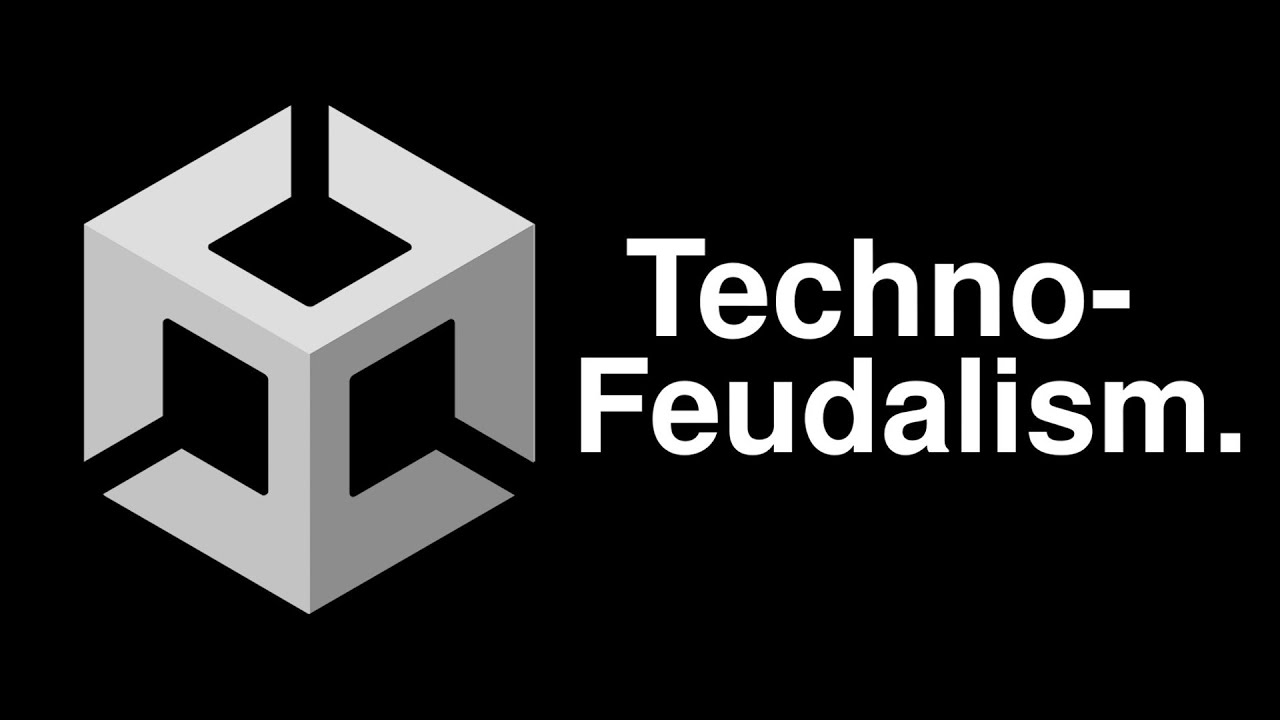cross-posted from: https://lemmy.world/post/5196308
It’s scary that the Unity debacle is not just happening in games but a very real threat not just in digital and app space but in real life.
It can happen in medicine, housing, even the food we eat if the trend of subscriptions and lock ins continue.
Despite this, a global concerted effort towards Open Source tech is still not happening.
In Unity for example, there is a push to transition to Unreal but less so for Godot. We see this happening with reddit too. And soon maybe we’ll see it in real life. What’s stopping our hotels and landlords from charging us everytime we open doors.
We see this in the rampant mandatory tips. Where everyone is automatically charged per order.
It’s scary and frustrating at the same time that there may not be a clear remedy for this. As the world shifts to subscriptions and services, do we truly own anything anymore?



That mostly is a symptom of actually trying to offer a Product. Donations alone aren’t cutting the full time staff that you need to provide any kinds of guarantees. I mean, look at Lemmy. There was a CVE a few months ago and people were losing their minds that the two main devs didn’t take time to do a proper writeup and instead focused on fixing the issue while keeping an eye on the community discussing it and informing others. It was amazing that they were able to get it fixed so quickly but “NOT GOOD ENOUGH”. And… the way you get the resources to be “good enough” mostly involves monetization. And, shockingly, most of the people who get angry when something is added and say they would have donated otherwise aren’t speaking in good faith.
As for RedHad: Disclaimer, I am currently in the process of working with partners over the debacle of Red Hat seeming hell bent on killing Rocky. And… this is after they killed CentOS. As a developer, having a “free” version of the OS we are targeting is incredibly useful. It lets us nail everything down at low cost and run a limited subset of paid nodes for final debugging before we send it to the customer who requires RHEL.
But also? A LOT of end customers also run a metric shit ton of Rocky nodes. Unless it is outward facing or can’t tolerate any downtimes, use the “good enough” free version. Which then leads to discussions of “okay… if most of the fixes end up in Rocky a day or so later than in RHEL, do we really need to pay for a couple hundred licenses when we could instead split Fred and Chris’s time for internal support?”. Which rapidly leads toward most of the paid customers of RHEL not being paid customers anymore.
It is shitty but… that is the difference between consumer and enterprise. When a failure leads to an hour or two of my personal time to set Nextcloud up again because the underlying infrastructure hates the idea of containerization? Whatever, I genuinely find that fun. When a failure leads to a bunch of angry customers who now have lost faith in me and a bunch of employees working frantically so that we don’t lose a customer and, thus, revenue? We aren’t going to be risking anything to a hobbyist platform that is prone to catastrophic errors because there just isn’t time to fix it (also, Nextcloud has a paid version which makes this even funnier).
But as a consumer? Those fuckers are putting ads in the start menu and making it harder for me to remember what the GE proton update tool is called.